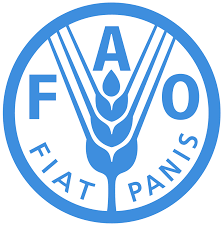
Food and Agriculture Organization
Experience: 0 to 3 Years
Skill Required: Research, Survey and Report Writing
Apply By: 15-07-2025
The following are terms of reference for the implementation of environmental and social (ES) safeguards instruments (risk management plans) for project “Employment creation for vulnerable Lebanese citizens and Syrian displaced population in livestock value chain”. As per the project risk category and ES risks identified during completion of the risk screening checklist of the project and other risk assessments. Instruments such as: Environmental and Social Management Framework (ESMF) and Stakeholder Engagement Plan, Grievance Redress Mechanism. During the project’s implementation phase, the ES mitigation measures and stakeholder engagement arrangements included in the instruments need to be implemented and monitored.
The main objective of this assignment is to manage, support and monitor the implementation of the above-mentioned ESMF, the Stakeholder Engagement Plan and the project Grievance Redress Mechanism. The assignment includes the collection and analysis of primary and secondary data to ensure that the project’s ES risks are mitigated in accordance with the plans, and to identify changes to the risks identified and adjust the mitigation measures accordingly. The Specialist will also ensure that the stakeholder engagement plan is implemented effectively and the Grievance Redress Mechanism is functioning.
Under the overall supervision of the FAO Representative and direct supervision of the Resilience and Liaison Officer, in consultation with the AFAOR Programme.
The Specialist needs to manage the mitigation measures and arrangements described in the risk management and stakeholder engagement plans cleared by the ESM unit:
Responsibilities :
Stakeholder Engagement Plan:
Grievance Redress Mechanism :
Project Management :
Minimum Requirements :
Selection Criteria :
Source: https://jobs.fao.org/careersection/fao_external/jobdetail.ftl?job=2501657